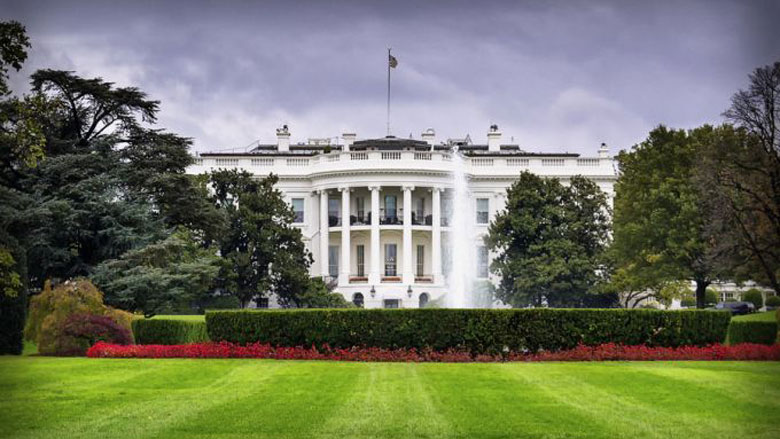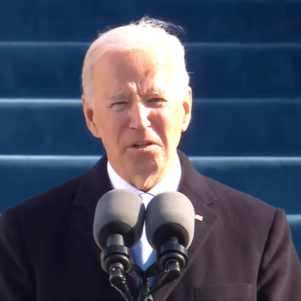Access to Obama White House Brought Companies Better Stock Performance, Study Shows
By Ira Stoll | May 8, 2017, 13:34 EDT
 The White House Credit: Diego Cambiaso via Flickr (CC BY-SA 2.0)
The White House Credit: Diego Cambiaso via Flickr (CC BY-SA 2.0) Companies whose executives visited the White House during the Obama administration had their stock prices rise more than normal after the meetings, but underperformed after Donald Trump won the election, a new paper by researchers at the University of Illinois finds.
The finance professors, Jeffrey Brown and Jiekun Huang, published their findings in a working paper issued by the National Bureau of Economic Research and titled “All the President’s Friends: Political Access and Firm Value.”
“Following meetings with federal government officials, firms receive more government contracts and are more likely to receive regulatory relief,” the professors write. “Firms with access to the Obama administration experience significantly lower stock returns following the release of the [2016] election results than otherwise similar firms. Overall, our results provide evidence suggesting that political access is of significant value to corporations.”
The professors outlined three ways that government meetings may be valuable to companies. “Government officials may influence the allocation of lucrative government contracts towards firms whose executives have interacted with them,” Brown and Huang write. Officials or politicians may also “provide more regulatory relief to companies that have access to the politicians.” Finally, “access to politicians may enable companies to gain an informational advantage about government policies and actions and help resolve political uncertainty.”
The scholars used White House visitor logs to identify 2,286 meetings between White House officials and corporate executives between January 2009 and December 2015.
“Consistent with the notion that campaign contributions ‘buy’ access, we find that firms that contributed more to Obama’s presidential election campaigns are more likely to have access to the White House. We also find that firms that spend more on lobbying, firms that receive more government contracts, larger firms, and firms with a greater market share are more likely to have access to influential federal officials,” they write.
The professors even compared companies that went ahead with the meetings and companies that scheduled meetings that got canceled. The canceled meetings had no significant effect on the stock price, but the meetings that actually took place produced what the authors call “significant positive cumulative abnormal returns.”
They found that “the stocks of firms with access to the Obama administration underperform the stocks of otherwise similar firms by about 80 basis points in the three days immediately following the election.”
The economists write that there are two different ways to view these outcomes. At worst, “gaining access to politicians may enable firms to gain undue influence over elected officials and extract political favors … Under such a view, political access facilitates quid-pro-quo exchanges between firms and elected officials in which policy favors are exchanged for private gains to the politicians.” Senators Bernie Sanders and Elizabeth Warren suggest this when they talk about how the system is “rigged”; Donald Trump was getting at it when he accused Hillary Clinton of being “totally owned by Wall Street.”
A more benign explanation is that, as the authors put it, “political access may enable firms to provide policy-relevant information, which in turn helps elected officials to make more informed decisions on policies that affect the firms.”
The authors warn that more research is needed to figure out which of these two dynamics best explains the correlation between stock-market results and political access. Perhaps it is some combination of the two.
One common response to the “undue influence” problem is to propose restricting political contributions, and instead to use taxpayer money to finance campaigns. That collides with the First Amendment freedoms of speech, press, assembly, and petition.
A better response might be a government that spends less and regulates less. As a practical matter, it’s nearly impossible to guarantee all companies equal access to government decision-makers. But if government decisions were less important, our corporate executives might decide to spend less time and money trying to influence Washington, and more time on other ways to serve shareholders and customers.
Ira Stoll is editor of FutureOfCapitalism.com and author of JFK, Conservative.











